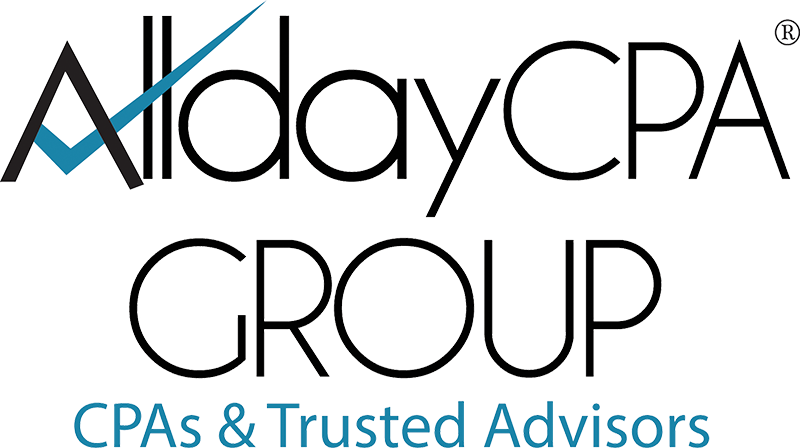Choosing the Right Business Entity: A Guide for Entrepreneurs
As an entrepreneur, one of the most important decisions you’ll make is choosing the right business entity for your venture. Each type of entity has its own advantages and disadvantages in terms of liability protection, tax treatment, and administrative requirements. Let’s explore four common business entities to help you make an informed decision.
Business Entities Comparison Chart
Single-Member LLC / Sole Proprietorship
Ideal for one-owner businesses, this is the simplest form of business structure.
| Pros | Cons |
|---|---|
|
|
Partnership
Partnerships are businesses owned by multiple people. They can be general partnerships (all partners have unlimited liability) or limited partnerships (only general partners have unlimited liability).
| Pros | Cons |
|---|---|
|
|
S Corporation
S Corporations combine legal characteristics of a corporation with tax advantages of a pass-through entity.
| Pros | Cons |
|---|---|
|
|
C Corporation
C Corporations are entities distinct and separate from their shareholders.
| Pros | Cons |
|---|---|
|
|
Remember, choosing the right business entity is a crucial decision that can have significant implications for your business’s future. It’s always wise to consult with a tax professional or attorney to determine the best structure for your specific situation.
Before meeting with Danny, we recommend filling out our Client Needs Analysis form. This will help us better understand your challenges and provide personalized recommendations to address your unique goals.
Disclaimer: This post is for informational purposes only and should not be considered legal or tax advice. Please consult with qualified professionals for guidance on your specific situation.
